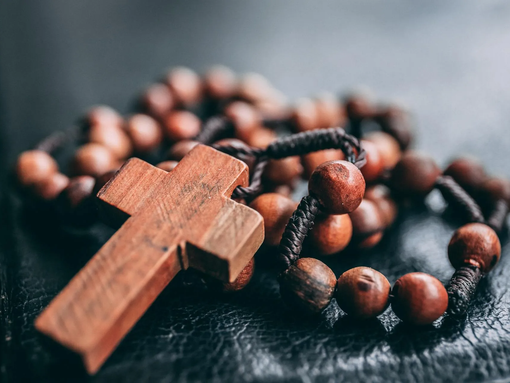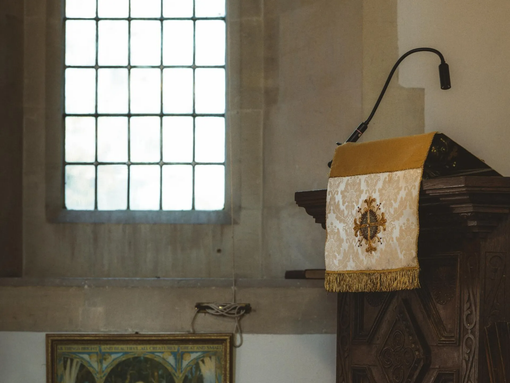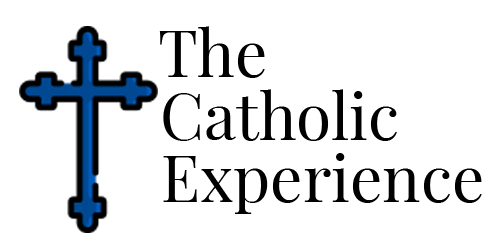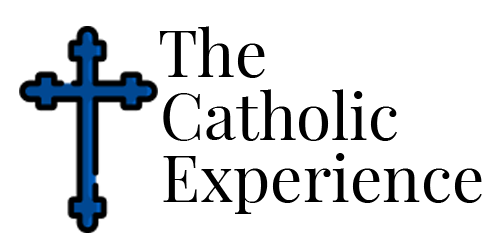Bringing Catholics and Christians Together
60 Seconds on
The Catholic Experience
Welcome! Here at The Catholic Experience you will find informative and engaging blog posts, educational resources, videos, homilies, interviews and other resources that hopefully relate to your life and provide insight into what it means to be a Catholic and a Christian.
Who We Are
The Catholic Experience was founded by Deacon Bill Graveman, with the vision of creating a place online where both Catholics and non-Catholics could be educated and united.
Deacon Graveman shares insight and experiences from his role as a leader in the Church through his blog, which is updated weekly. We invite you to browse through these informative posts!

The Catholic Experience
Our online blog is designed to enlighten you and encourage your personal spiritual growth.
Catholic Videos
Whether you are a practicing or non-practicing Catholic, a Christian, or non-Christian, we have all the video resources necessary to help you along your spiritual journey.

Rosaries, Gifts, and More
We offer a wide assortment of faith accessories, from Bibles and books to rosaries. Browse through our selection of items meant to help you dive deeper into your faith journey.
Catholic Resources
We believe that when we grow as individuals, we strengthen our community. We are united with our Catholic community as we share other websites, books, articles, and more.

Homilies
One of the essential duties of a Deacon is the proclamation of the Gospel. Here you will find a collection of homilies and sermons previously delivered by Deacon Graveman himself.
Spiritual Warfare
At The Catholic Experience, we believe in the concept of Spiritual Warfare and our resources are here to combat evil and feelings of doubt.

New to the Faith?
Frequently Asked Questions about Catholicism



